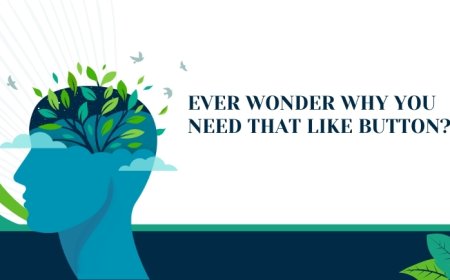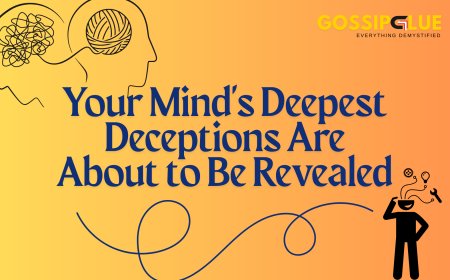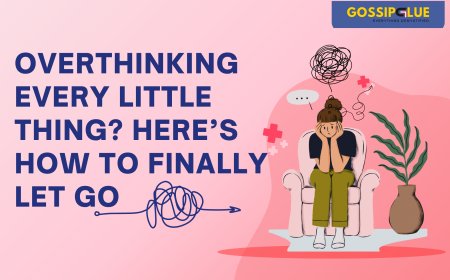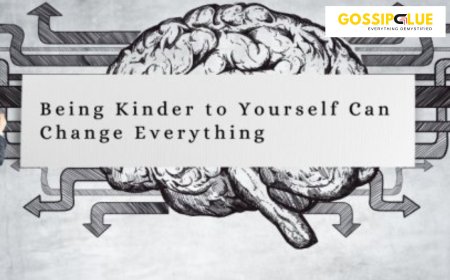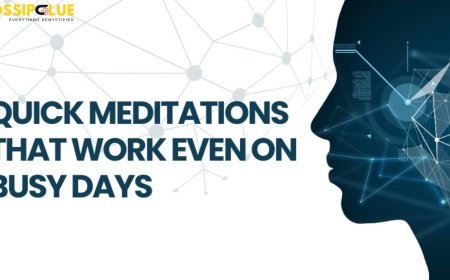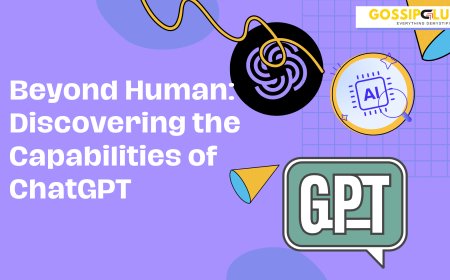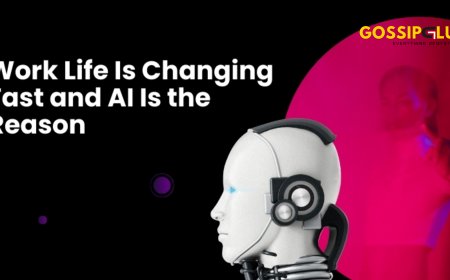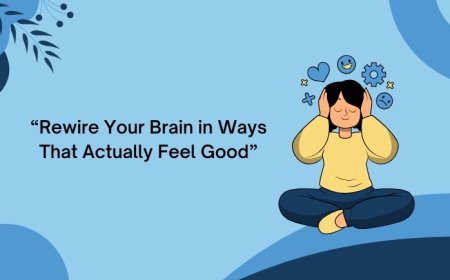Having an Identity crisis? Here's five ways to combat it
Ever ask “Who am I?” at 2 a.m.? You’re not alone. Explore 5 powerful ways to manage an Identity Crisis and find clarity during life’s major transitions.

Introduction
Have you ever had questions of self-doubt like, “Who am I”? Or “What do I really like”?, plague you for countless nights that bleed into days? Do you find yourself not being able to relate to the people that you could once talk to about everything and nothing?
An identity crisis is commonly triggered by a major life transition such as a career pivot, a messy breakup or entering adulthood. The real meaning of an identity crisis is not fixed and is beyond temporary confusion.
A common occurrence for those undergoing an identity crisis is that they might feel a loss of identity, struggle with identity confusion, or question their pre-existing beliefs, goals, and even relationships
Some general identity crisis examples are feeling out of place in your workplace, questioning your sexuality, or doubting long-held beliefs. An unresolved loss of identity during a life transition can worsen the confusion
This article dissects the root of an identity crisis in detail and how to combat it through crisis management, finding yourself, and guided personal identity development.
Also, read about why we crave social validation and approval here.
What is an Identity Crisis?
Medical News Today describes an Identity Crisis as a phase that many people go through when they question or reassess who they are. A search for finding yourself and personal identity is common during the teenage years, but people may also reassess their lives after a major life transition, such as retirement, which often leads to a temporary loss of identity.
Psychoanalyst and Psychologist Erik Erikson coined the Identity development theory as a blueprint for personality expression, which then affects how a person becomes integrated with others.
This theory involves the role of social interaction between the self and others as each individual undergoes the process of socialisation. Erikson states in his theory that in each stage of identity development, a person encounters a conflict or crisis that is commonly experienced as identity issues or identity confusion--that needs to be resolved to successfully navigate through the stage.
During an identity crisis, a person experiences intensive self-reflection, finding oneself, and exploration. According to Erikson, a crisis is defined as the process of resolving conflict regarding a person’s colliding desires for both individuality and communal belonging.
This conflict is a common occurrence of identity crisis examples, where people struggle with their sense of identity. The approach that people take towards resolving a crisis will ultimately develop into a pattern, which Erikson considered the cornerstone of identity development.
Also, read about the impact of childhood trauma on adult relationships here.
Symptoms of an Identity Crisis:
Psych Central lists some general symptoms that a person going through an Identity crisis might face during a period marked by identity confusion, loss of identity, and the urge to find oneself during a major life transition.
These experiences can often raise questions around personal identity, identity development, or one’s overall sense of identity. Some of them are:
- An early identity crisis example might be feelings of boredom or restlessness with aspects of your life that might have previously been satisfactory.
- Frequently asking yourself what the “point” of the things you’re doing or the roles you’re playing is. This is commonly an indicator of deeper identity issues or the need to find yourself.
- Obsessive thoughts about dying, or how quickly time is running out. This is common during a mid-life crisis or a breakdown in crisis management.
- Questioning your role in society or where you belong during a major life transition.
- Thoughts about whether you’ve made the right choices in life, particularly when struggling with personal identity or a desire for self-discovery.
- Questioning one’s potential usually occurs with delayed identity development or underlying loss of identity that demands reflection and realignment.
Also, read about The Power of Mindfulness in reducing stress here.
Identity Formation: Four Types of Identity Crisis
Identity formation depends upon three primary tasks: Discovering and developing one’s potential (self-discovery or finding oneself), choosing one’s purpose in life, and finding opportunities to exercise that potential and purpose.
Another significant influence is parents and peers during childhood or experimentation in adolescence, which are common during major life transitions that affect one’s personal identity.
These moments often trigger identity issues, especially in cases when individuals struggle with a clear sense of identity.
James Marcia expanded on Erikson’s theory by proposing that Identity development involves key processes such as occupational role, beliefs, values, and sexuality, which are critical areas that can be disrupted during an identity crisis.
From this, Marcia identified four identity statuses, through which people move through as they develop their personal identity:
I. Foreclosure: In this stage, a person makes a commitment without attempting self-discovery or identity exploration
II. Achievement: This stage occurs when an individual has gone through identity confusion, explored different identities, and made a commitment to one, demonstrating active crisis management.
III. Diffusion: When there is no identity crisis or commitment, then people face a loss of identity. And those with a status of identity diffusion tend to feel out of place in the world and struggle with finding yourself or forming a sense of identity.
IV. Moratorium: It is the status of a person who is actively involved in self-discovery, exploring different identities, but has not yet made a commitment, which is a stepping stone to an identity crisis.
Marcia argued for the importance of these identity crises for one’s sense of identity to develop. However, a person undergoing an identity crisis does not necessarily have to experience all the statuses.
Also, read about how to rewire your brain for happiness here.
How to Combat an Identity Crisis:
Before we close the discussion on “what is an identity crisis”, here are some practical methods to help combat an Identity crisis without going into a spiral about the unknown.
Whether you’re experiencing a life transition, identity issues, or struggling with a loss of identity, these steps support both self-discovery and healthy identity development.
I. Write down your values and beliefs
This is just another helpful step on your journey to self-discovery and better understanding your sense of identity. It also helps to discuss your values with a psychologist trained in crisis management and identity confusion.
II. Come to terms with the fact that self-identity is constantly evolving
Come to terms with the fact that personal identity is not linear. With time, major life transitions help your sense of identity evolve. Embracing the fluidity of this period without rushing to decisions helps to deal with an identity crisis better and allows room for long-term identity development.
III. Self-Nourishment is key:
IV. Setting boundaries is important:
When one is undergoing an identity crisis, setting boundaries might sound like a difficult task since it is easy to get overwhelmed by other people’s opinions. Setting firm boundaries not only protects your evolving sense of identity but also allows space for finding oneself.
V. Coping mechanisms for escapism:
Unhealthy habits such as excessive drinking, smoking, or using drugs might seem like an easy way for a quick fix, but these destructive habits could further cause identity confusion and stall your identity development.
It is important to maintain a healthy and balanced lifestyle by working on yourself during hard times.
VI. Face your Identity crisis head-on:
Running away from your problems is never the solution, especially during a major life transition that triggers identity issues. As easy as it is to avoid your problems, it can never be a long-term solution that fosters growth.
Rather than allowing a loss of identity to limit your growth, confronting the discomfort head-on can provide clarity and move you past the identity confusion stage.
Real growth begins when we stop running and ask: What is an identity crisis, and how can I turn it into a turning point?
Conclusion:
Experiencing an identity crisis can be an overwhelming ordeal, but it is also an opportunity for deep self-discovery and personal transformation.
An identity crisis can be sparked by a major life transition or the presence of unresolved identity issues. The first step towards healing is acknowledging the discomfort and embracing your evolving personal identity.
At times, an identity crisis can feel like a huge weight that can make it a lonely experience, but this is not true. Instead of fearing the loss of identity or identity confusion, try to reframe the experience as an important stage of identity development.
This article is for informational purposes only and should not be used for mental health-related advice.
Follow the GossipGlue space for more research-backed articles!
What's Your Reaction?
 Like
0
Like
0
 Dislike
0
Dislike
0
 Love
0
Love
0
 Funny
0
Funny
0
 Angry
0
Angry
0
 Sad
0
Sad
0
 Wow
0
Wow
0

